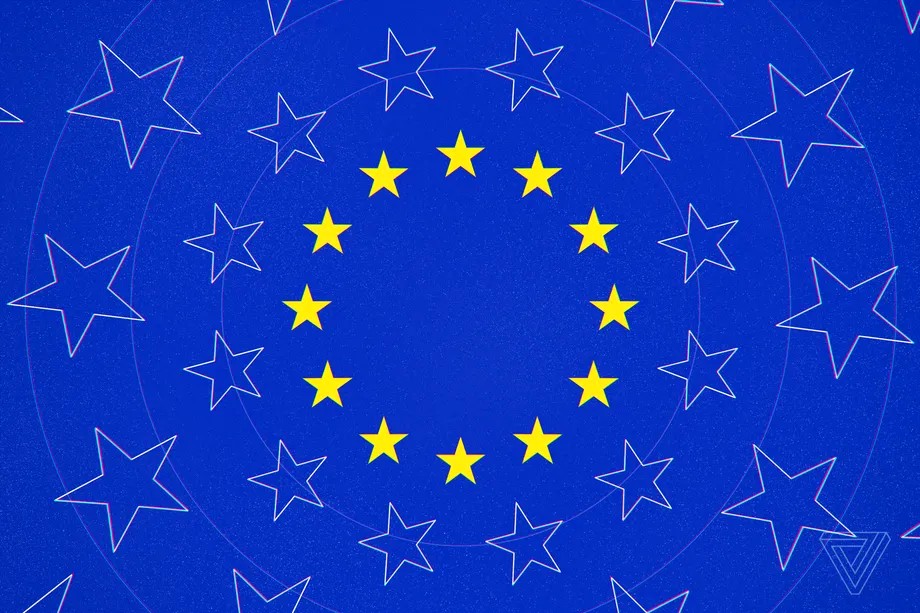The EU has unveiled its biggest ever legislative effort to balance competition in the tech world. The new Digital Markets Act, or DMA, is intended to rein in the power of the largest tech corporations and allow smaller entities to compete with the most US-based firms. So far, the EU has tackled antitrust issues on a case-by-case basis, but the DMA is intended to introduce sweeping reforms that will address systemic issues in the whole market.
New Digital Markets Act (DMA)
The announcement of the new Digital Markets Act targets interoperability of messaging apps like WhatsApp, Facebook Messenger, and iMessage, with the EU saying that vendors will have to open up and interoperate with smaller messaging platforms if they so request. The EU says that this should give users more choice in how they send messages, without having to worry about what platform the recipient is on. There’s also a requirement that users should be able to “freely choose their browser, virtual assistants or search engines.”
The legislation has not passed yet. This is because the EU says the language has to be finalized and checked, at which point it’ll have to be approved by Parliament and Council. The DMA could force new obligations on companies deemed to be “gatekeepers” — a category defined by the legislation as firms with a market capitalization of at least €75 billion ($82 billion); at least 45,000 active users; and a “platform” like an app or social network.
Mandating Gatekeepers to follow Rules
Companies covered by this classification of the new Digital Markets Act include well-known tech giants like Google, Microsoft, Meta, Amazon, and Apple, but also smaller entities like Booking.com. If the “gatekeepers” don’t follow the rules, then the financial penalties could be steep: “the Commission can impose fines of up to 10 percent of its total worldwide turnover in the preceding financial year, and 20 percent in case of repeated infringements. In case of systematic infringements, the Commission may ban them from acquiring other companies for a certain time.”
As the EU’s Commissioner for Competition, Margrethe Vestager, told The Verge last week, the aim is for the DMA to make the tech sector “open and contestable.” “So it depends on your ideas, your work ethics, your ability to attract capital, whether you’ll be successful with your customers or not,” said Vestager. “And unfortunately, because of the systemic nature of behavior, that’s not necessarily the case today.”
Also Read: Impact Of Big Data In The Legal Industry





